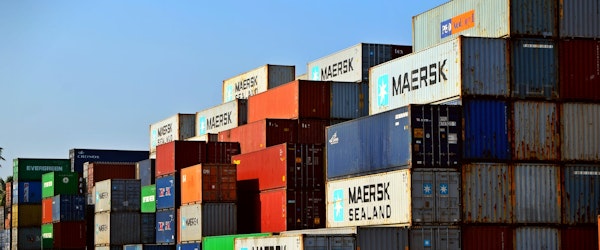
How Certificates of Insurance Help Fight Freight Fraud in the Supply Chain
Wednesday, April 23rd, 2025 Fraud Insurance Industry Risk Management TechnologyAs freight fraud grows more sophisticated and costly, the transportation industry is searching for better ways to protect itself. According to the Transportation Intermediaries Association (TIA), the average gross cost of fraud per company in 2024 was over $400,000, with some facing losses surpassing $1 million. Identity theft and company impersonation are two of the most prevalent tactics, often leaving shippers and brokers with limited recourse beyond filing police reports and alerting federal regulators.
One increasingly critical solution is the use of certificates of insurance (COIs) to verify carrier legitimacy. A COI, issued directly by an insurance provider, outlines essential coverage details including liability and cargo limits. These documents not only validate a carrier’s ability to legally operate but also serve as a trust-building mechanism within the freight ecosystem. By thoroughly checking COIs, brokers and shippers can avoid doing business with fraudulent or underinsured carriers.
Digital innovation is streamlining this verification process. Platforms like Certificial, in partnership with Truckstop, have automated the submission and validation of COIs, with Truckstop receiving over 500,000 COIs in 2024 alone. These integrations are reducing manual workloads, improving response times, and increasing transparency in the onboarding process.
While bipartisan legislation like the Combating Organized Retail Crime Act of 2025 may offer long-term structural support, the freight industry must continue relying on proactive fraud prevention strategies. Leveraging real-time insurance data, enhancing onboarding protocols, and staying updated on fraud trends will be crucial for maintaining security and trust in today’s complex supply chain landscape.





